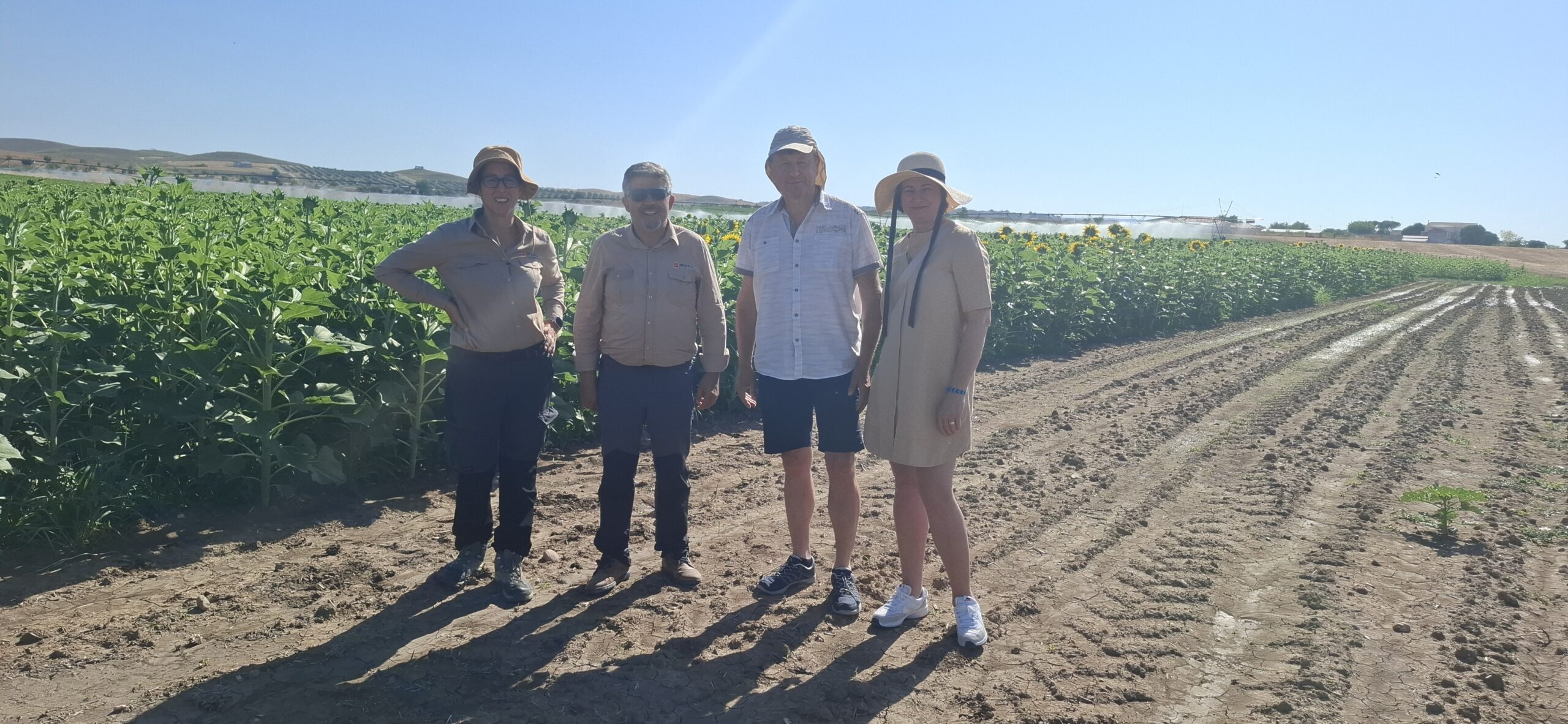
Mediterranean Solutions to Hungarian Challenges
Between 15 and 17 June 2025, colleagues from NAK (Hungarian Chamber of Agriculture) and Gazda Kontroll Ltd. participated in a professional study tour to the IMIDRA research institute (Instituto Madrileño de Investigación y Desarrollo Rural, Agrario y Alimentario) in Aranjuez, Spain. The visit focused on knowledge exchange in the fields of agricultural research, climate adaptation, and innovative farming practices.
IMIDRA – a regional hub for agricultural innovation
Founded in 2006 by the Autonomous Community of Madrid, IMIDRA works to promote sustainable farming and rural development through applied research and close cooperation with farmers. The institute is primarily funded by regional budgets and EU programs, ensuring that research findings are directly applicable to practice.
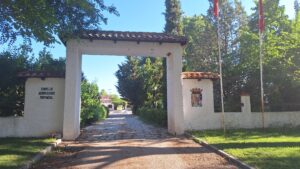
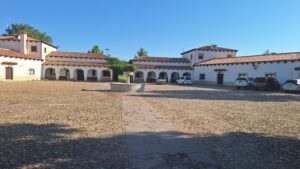
Picture 1: IMIDRA research centre. Source: Ágnes Jakab (NAK/ZTE)
Key themes of the visit
During the study tour, Dr. Blanca E. Sastre Rodríguez (Regional Director) and Roberto Saiz (Head of Applied Agricultural Research) introduced several innovative approaches:
- Water management & irrigation
Spain’s semi-arid climate requires efficient irrigation. IMIDRA showcased advanced drip irrigation systems, subsoil moisture sensors, and the role of local irrigation communities in water governance. These models highlight opportunities for Hungary and the wider region in developing more efficient and community-based water management systems.
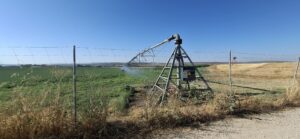
Picture 2: Rotary arm irrigation. Source: Laura Pardavi (Gazda Kontroll)
- Intensive olive production
Researchers presented high-density olive plantations with 215 trees/ha. The system allows full mechanisation of pruning and harvesting, helping to address labour shortages while ensuring higher yields.
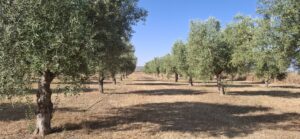 Picture 3: Olive plantation. Source: Ágnes Jakab (NAK/ZTE)
Picture 3: Olive plantation. Source: Ágnes Jakab (NAK/ZTE)
- Crop rotation and soil fertility
Legumes such as lentils and alfalfa play a crucial role in restoring soil nitrogen and improving yields in subsequent crops (e.g., wheat yields increasing by up to 1 tonne/ha). These practices directly support the EU Common Agricultural Policy (CAP) goals of sustainability and soil health. - Alternative crops and pilot experiments
IMIDRA conducts trials of comparison of varieties of crops like chickpeas, durum wheat, maize, pistachios, hops, and teff. Of particular interest are autumn-sown chickpea varieties, which may adapt well to changing climatic conditions in Central and Eastern Europe.
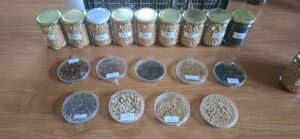
Picture 4: Leguminous crops (beans, lentils, chickpeas, soya, boso). Source: Laura Pardavi, Gazda Kontroll Ltd.
- Economic and market challenges
Similar to Hungary, Spanish farmers face price pressures from imports (e.g., wheat from Ukraine, olive oil from Morocco). The study emphasised the need for short supply chains and direct marketing models, which can improve profitability and resilience.
Lessons for Hungarian and European farmers
The exchange highlighted many parallels between Spanish and Hungarian agriculture: water scarcity, climate extremes, and market pressures. Spanish experiences, particularly in water governance, diversification of crops, and cooperative marketing, inspire strengthening resilience and sustainability in Hungarian and wider European contexts.
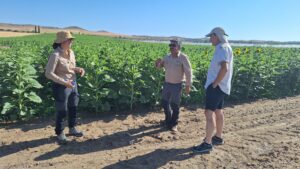
Picture 5: Field visit with IMIDRA researchers, sunflower field. Source: Laura Pardavi, Gazda Kontroll Ltd.
Knowledge transfer and future cooperation
IMIDRA also acts as a knowledge hub, offering advisory services, soil testing, and training for farmers. This aligns closely with SEASN’s mission of connecting advisory services and strengthening practical knowledge transfer across Europe.




Leave a Reply